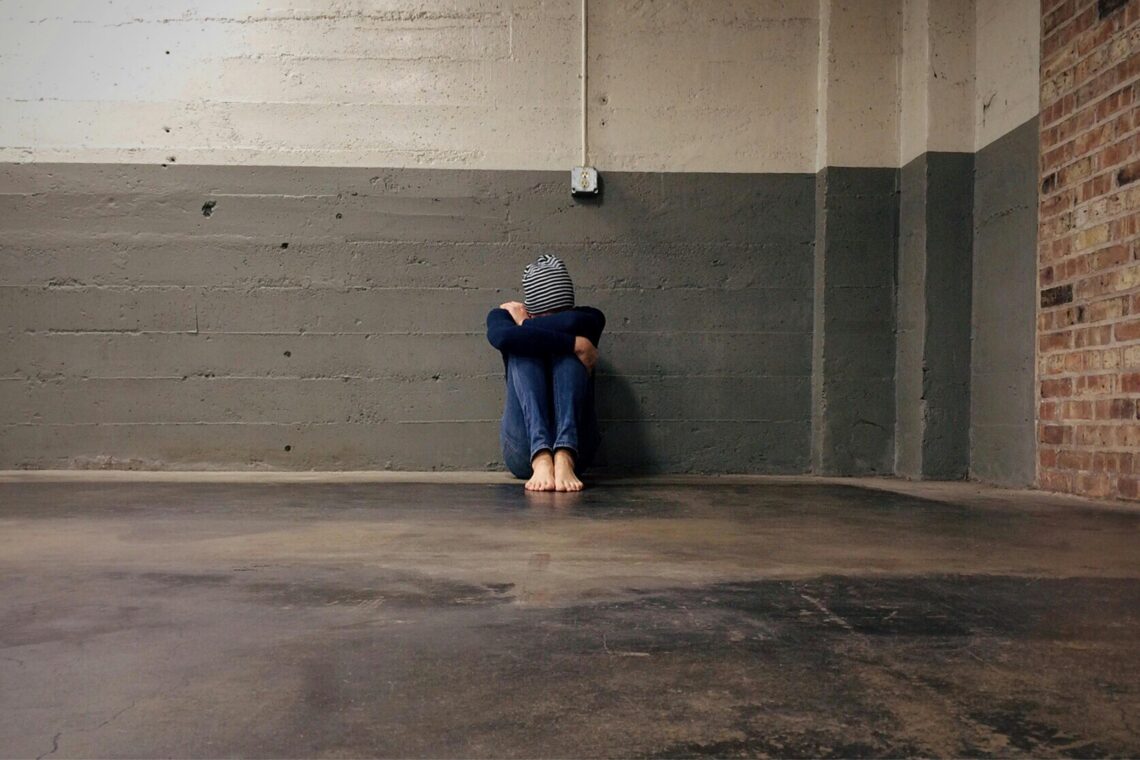Many people who have been victims of crime in Norway are waiting in uncertainty to receive compensation from those convicted.
According to figures from the Norwegian Tax Administration, more than 4,000 convicted criminals owe their victims at least NOK 1.5 billion in compensation because they cannot afford to pay, writes NRK.
The channel writes about Magnus (27), who is one of those waiting. He was critically injured during an illegal party in Oslo in 2020 and suffered a brain injury. Now, almost five years later, he’s still struggling with the after-effects and doesn’t know if he’ll ever be able to work full-time again. Last year, two men were sentenced to prison and ordered to pay Magnus a total of NOK 900,000 in compensation for lost schooling, income and pension points.
Despite the judgement, Magnus has yet to receive a penny. He has been told that the two convicted men have no money, and that the Norwegian National Collection Centre will assist him in collecting the money. Nevertheless, Magnus lives in uncertainty as to whether he will ever receive the compensation he has been awarded.
Magnus is not alone in this situation. Figures from the Norwegian Tax Administration show that there are outstanding claims for compensation totalling at least NOK 1.5 billion for more than 4,000 convicted criminals across the country.
The most common reason why compensation is not paid is the convicted person’s lack of financial capacity. The interest rate on outstanding claims is now 12.5 per cent, which can cause the debt to grow over time.
The State Collection Centre tries to help victims collect the money by first giving the convicted person the opportunity to pay voluntarily. If this does not happen, they investigate whether the convicted person has assets that can be pledged, or whether it is possible to deduct the compensation amount from wages or social security.</p
The statute of limitations for such claims for compensation is initially ten years, but the National Collection Centre extends this deadline for as long as necessary and also follows up the cases over a long period of time.

